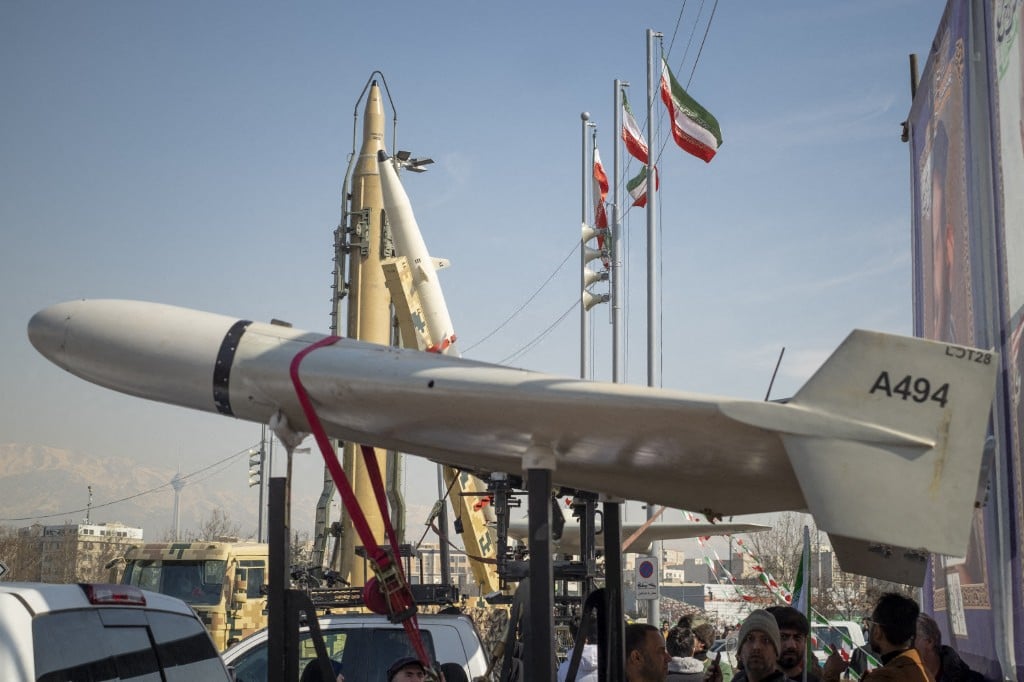Tensions Escalate as Israel Strikes Key Iranian Military Facilities
In a dramatic escalation of hostilities, Israel has conducted significant airstrikes against Iranian military targets, focusing on air defense systems and missile production facilities. Analysts indicate that these actions could pave the way for more extensive military operations against the Islamic Republic, particularly following Iran’s missile barrage aimed at Israeli territory on October 1.
Despite calls from the United States for Israel to avoid direct hits on nuclear or oil infrastructure, the Israeli military launched targeted strikes on October 26, successfully inflicting severe damage on Iranian air defense capabilities and key missile production sites. According to reports, these strikes were part of a strategy to dismantle Iran’s missile production capacity and serve as a warning for potential future conflict.
The Israeli airstrikes reportedly deployed around 100 combat aircraft and drones to strike at facilities in Shahroud, Parchin, and Khojir. Analysts from the Hudson Institute noted that the target selection suggests a deliberate effort to disrupt the manufacturing process of high-end, solid-fuel ballistic missiles, which Iran had used in its previous missile attacks against Israel.
Fabian Hinz, a research fellow at the International Institute for Strategic Studies, emphasized the intelligence behind the strikes, stating that they were crafted to achieve “substantial effects” despite a limited number of targets. Recent satellite imagery has revealed visible damage to the Parchin facility following the airstrikes.
These actions have raised concerns regarding the state of Iran’s air defense systems, particularly the Russian-made S-300 systems. Observations suggest that Israel’s strikes may have compromised these defensive capabilities, with implications for Iran’s potential military responses.
While Iranian officials have attempted to downplay the significance of the strikes, acknowledging some casualties, they also issued stark warnings. Mohammad Mohammadi Golpayegani, a key advisor to Iran’s Supreme Leader Ayatollah Ali Khamenei, cautioned of a “harsh and regretful” response from Tehran.
The current standoff between Israel and Iran appears to be at a critical juncture. Israeli military leadership has made it clear that any Iranian retaliation would be met with a “very, very hard” response. Additionally, with rising rhetoric from both sides, the potential for further escalation looms large.
As the international community watches closely, the dynamics of the conflict are shifting, with Prime Minister Benjamin Netanyahu’s administration showing little inclination to back down in the face of Iranian provocations. The question looms: will this latest flurry of activity push both nations toward a full-blown conflict, or will diplomatic avenues prevail? The coming days are likely to be pivotal in determining the future of Israeli-Iranian relations amidst escalating military tensions.





